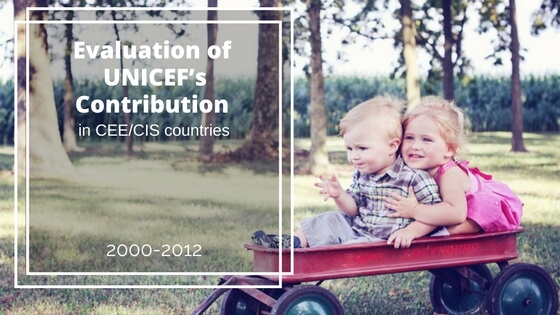Status: Closed project
Introduction and Overview
The overall purpose of the consultancy is to provide technical assistance to the Ministry of Health of Uzbekistan and the UNICEF Country Office in conducting an assessment of the Patronage/Home Visiting (HV) System. The main purpose of the assessment will be to identify the main strengths and weaknesses of the patronage system. This will help determine what concrete actions and changes to make in order to strengthen its quality and increase its coverage. The home visiting services aim to identify vulnerable children and families in a timely manner, and address the disparities and inequities in basic mother and child assistance/support services.
In order to deliver the assignment, the CIF team will work jointly under the guidance of the UNICEF Country Office, and in close cooperation with the Ministry of Health and other partners. The project activities will be undertaken in 15 districts located in three select regions.
The CIF team will consist of a Technical Team Leader – Tamar Gotsadze and a Researcher – Natia Shengelia. The team is supported by a local research company and a local research consultant for data collection.
Organizations involved in the research
UNICEF Uzbekistan, the Ministry of Health of Uzbekistan, Ministry of Finance of Uzbekistan, as well as regional social services offices, and regional primary healthcare facilities.
Expected Results and Their Application
As a result of Curatio’s consultancy services, UNICEF CO will have:
- The Report on Assessment of the existing Patronage System (P(HV)S), including an equity analysis in utilization and quality of these services.
- Recommendations for the improvement of the existing services
- Feasibility assessment for implementing a “blended” home visiting model
- Recommendations for the implementation of the “blended” home visiting model.

 r the CEE/CIS commissioned this Multi-Country Evaluation, as one of a series of such exercises, to a) document progress in reducing under-5 and infant mortality and morbidity and to generate lessons on how this was accomplished; b) inform programs aimed at scaling-up evidence-based and equity-focused interventions; and c) enable better partnering with national governments to advance the child health and rights agenda.
r the CEE/CIS commissioned this Multi-Country Evaluation, as one of a series of such exercises, to a) document progress in reducing under-5 and infant mortality and morbidity and to generate lessons on how this was accomplished; b) inform programs aimed at scaling-up evidence-based and equity-focused interventions; and c) enable better partnering with national governments to advance the child health and rights agenda.